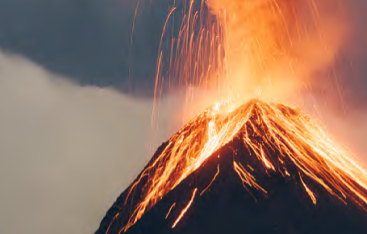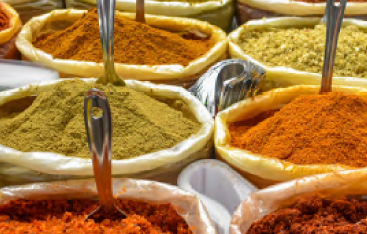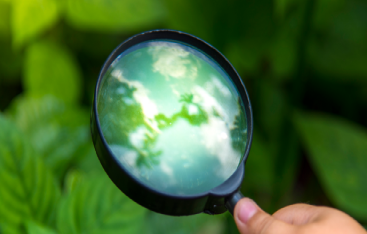Sizzling Science
Sizzling Science
Feel the heat with this week’s activities! Test your palate with powerful peppers, create different rock types using old crayons and find out how Maillard reactions make food from the barbecue so delicious. Plus, hear from local experts on how you can combat climate change during a Facebook Live. Your science notebook will be full this week—these activities are just the tip of the volcano!
The Science of Barbecuing
Ready, set, sizzle! If the smell of food on the grill gets you salivating, it’s time to feed your mind with the science behind the flavours. Learn about Maillard reactions, acids, cooking times, food safety and more with this hunger-inducing video.
Climate Change Action | Ask a Scientist
Hear from three different experts—Phil De Luna, Amber Sandy and Peter Soroye—about how the climate is changing … and what you can do about it. Learn how to measure and reduce your carbon footprint while discovering more about bumblebee habitats, carbon conversion technologies and conservation efforts in Canada.

Explore the three different types of rocks and learn how they’re formed. Once you’ve created your own sedimentary, metamorphic and igneous rocks out of old crayons, grab your notebook and head outside to see what types of rock you can find.
Make Your Own Rocks
Do you know where the word “volcano” comes from? Or how many active volcanoes Canada has? This game will have you unfolding all kinds of fun facts. Create an origami volcano that erupts with questions until you’re overflowing with answers.
Fold the Facts
From jalapenos to bhut jolokias, explore the science of peppers that pack a punch. Find out about the potential medicinal power of capsaicin and how the Scoville scale measures spiciness.
Pepper Power
You gotta fight for your right ... to starlight! Join the Globe at Night program to learn about the consequences of light pollution on the environment and take action by measuring night sky brightness from where you live. Submit your observations and contribute to an international light-pollution awareness campaign!
Globe at Night
